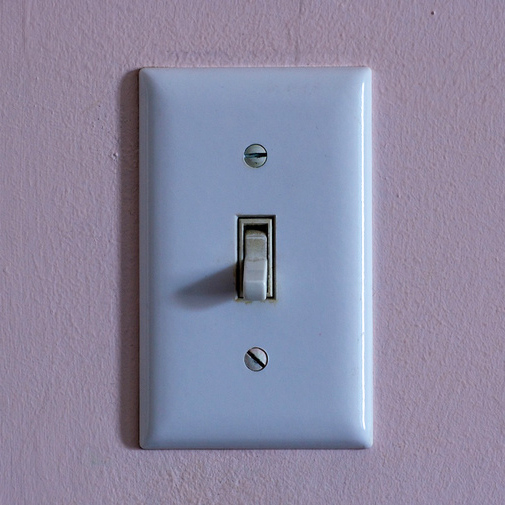November 20, 2013 — You might think putting a price tag on energy would help motivate people to trim their use. Not so, says a UCLA study that looked at the effectiveness of 156 energy information campaign experiments conducted between 1975 and 2012. In fact, the research, published in the journal Energy Policy and reported at Science for Environment Policy [pdf], suggests such a strategy might actually be counterproductive: When cost savings or monetary rewards were the focus of energy-saving messaging, recipients on average actually increased their energy use.
A smarter approach? Programs that involved giving people customized advice on how to save energy turned out to have the greatest impact, with a 13.5 percent average reduction in consumption. Also effective were information campaigns that compared people’s energy use with that of others, which yielded 11.5 percent savings.
Worth noting: The study also found that conservation efforts tended to drop off over time, suggesting a need for periodic nudges to keep energy-saving energized.
Photo by Digitalnative (Flickr | Creative Commons)
Ensia shares solutions-focused stories free of charge through our online magazine and partner media. That means audiences around the world have ready access to stories that can — and do — help them shape a better future. If you value our work, please show your support today.
Yes, I'll support Ensia!
